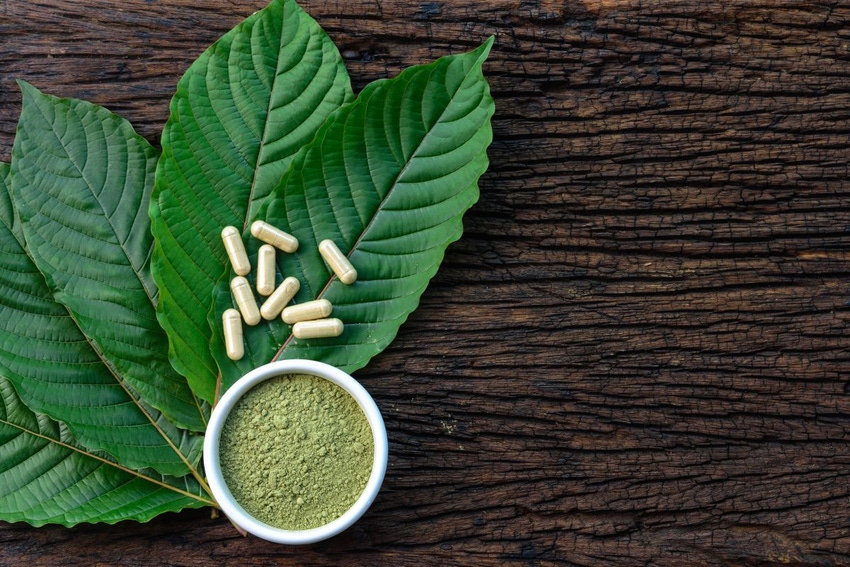The American Kratom Association claims that the Tampa Bay Times' negative series about the botanical is compromised because trial lawyers helped pay for it. The newspaper categorically denies the charge.

At a Glance
- The Tampa Bay Times has reported that hundreds of deaths in Florida have been linked to kratom.
- The American Kratom Association claims that lawyers who are suing kratom companies helped pay to have the series written.
- The newspaper's editor strongly denies the charge.
The American Kratom Association has accused the Tampa Bay Times of accepting funds from trial lawyers to pay for its recent series on overdose deaths in Florida linked to the botanical. The newspaper’s editor has denied the charges.
AKA claims lawyers helped fund series
Last week, AKA’s senior fellow on public policy Mac Haddow sent an email to industry sources, claiming the investigation was funded at least partially by contributions made by trial lawyers who have been suing kratom manufacturers and marketers.
To back up that assertion, Haddow told Natural Products Insider in a telephone interview that attorney Matthew Wetherington, of the Atlanta-based Wetherington Law Firm, had made contributions to the Tampa Bay Times to help fund the writing of the series.
As a smoking gun of sorts, Haddow referenced a tweet from Wetherington, which he said was posted around the same time as a conversation with the AKA legal team about Wetherington's involvement with the writing of the series. The tweet read: “Pro-kratom orgs, known for top-notch PR, now criticize lawyers for funding impartial kratom research, while they cherry-pick scientists and steer their own studies. Their audacity is impressive.”
When contacted by Natural Products Insider, Wetherington said what his firm has done is to pay to have kratom products tested as part of its litigation activities. He said he has also spoken with reporters from the Times about the botanical. But he denied having helped fund the writing of the newspaper series.
Open letter
Haddow said AKA is sending a lengthy open letter to the Tampa Bay Times to refute some of the assertions in the series, which was titled “Deadly Dose.” The 16,000-word, multi-part series alleged that hundreds of deaths in Florida have been linked to kratom, and several dozen of those were attributed to kratom alone.
Haddow claims the series selected information to back up a preconceived headline that kratom is dangerous and kills people, while ignoring the many testimonials of users who say they have derived benefits from use of the plant.
He also said the citations of the “kratom only” death reports overlooked that testing for other substances was not done in many of those cases and other drugs could have been involved.
Newspaper responds
In what was characterized as an unusual move, the Times responded directly to AKA’s assertions in a article about the creation of the series.
The article written by Tampa Bay Times editor and vice president Mark Katches said, “We generally don’t respond to baseless accusations. But when an industry tries to drum up broad support by creating a fictional narrative, we are duty bound to confront falsehoods with the truth.”
Like many newspapers, the Tampa Bay Times has faced serious financial challenges with the changing media business model that has seen many advertisers turn to other ways to reach their customers. In 2016, the company faced criticism for engineering a bailout plan to refinance some debt that featured contributions from wealthy donors who were allowed to remain anonymous.
Part of those funds was used to refill the company’s draining pension coffers. However, by 2021, the pension fund faced a $100 million shortfall and was turned over to the Pension Benefit Guarantee Corp., a federal agency that administers pensions from employers that are struggling to meet their obligations.
More recently, the company has resorted to periodically soliciting donations from its readers, much in the mode of public radio stations that solicit funds from their listeners.
Editor: Donors have no influence on how stories are written
Even with all those pressures, Katches was adamant that the newspaper had not stooped to soliciting funds from sources to support the writing of news articles that appear in the newspaper.
The editor acknowledged writing the series cost the newspaper about $400,000, most of which went to pay the salaries of reporters and editors who devoted time to its creation. He said the newspaper has nothing to hide when it comes to where that money came from.
“Based on their meritless accusation of a conflict, the kratom association and its followers have insisted we disclose who paid for it,” Katches wrote. “We’re happy to do that anytime anyone asks. The investigation was funded by the same sources that support all of our journalism:
“You.
“Our readers who subscribe, our advertisers who advertise, our community of donors who contribute to our journalism funds. That’s who makes our reporting possible. But none of these sources shape or influence the stories we pursue,” Katches added.
About the Author(s)
You May Also Like






.png?width=800&auto=webp&quality=80&disable=upscale)